Human Anatomy & Organ Systems: Key Concepts and Terminology
1/25
There's no tags or description
Looks like no tags are added yet.
Name | Mastery | Learn | Test | Matching | Spaced |
|---|
No study sessions yet.
26 Terms
Anatomy
the study or knowledge of the structure (form) and function of the human body
Human physiology
the study of how the human body functions
Histology
the study of organic tissues (microscopic)
Etymology
word origin, important for understanding anatomical terms
Card-
root meaning heart
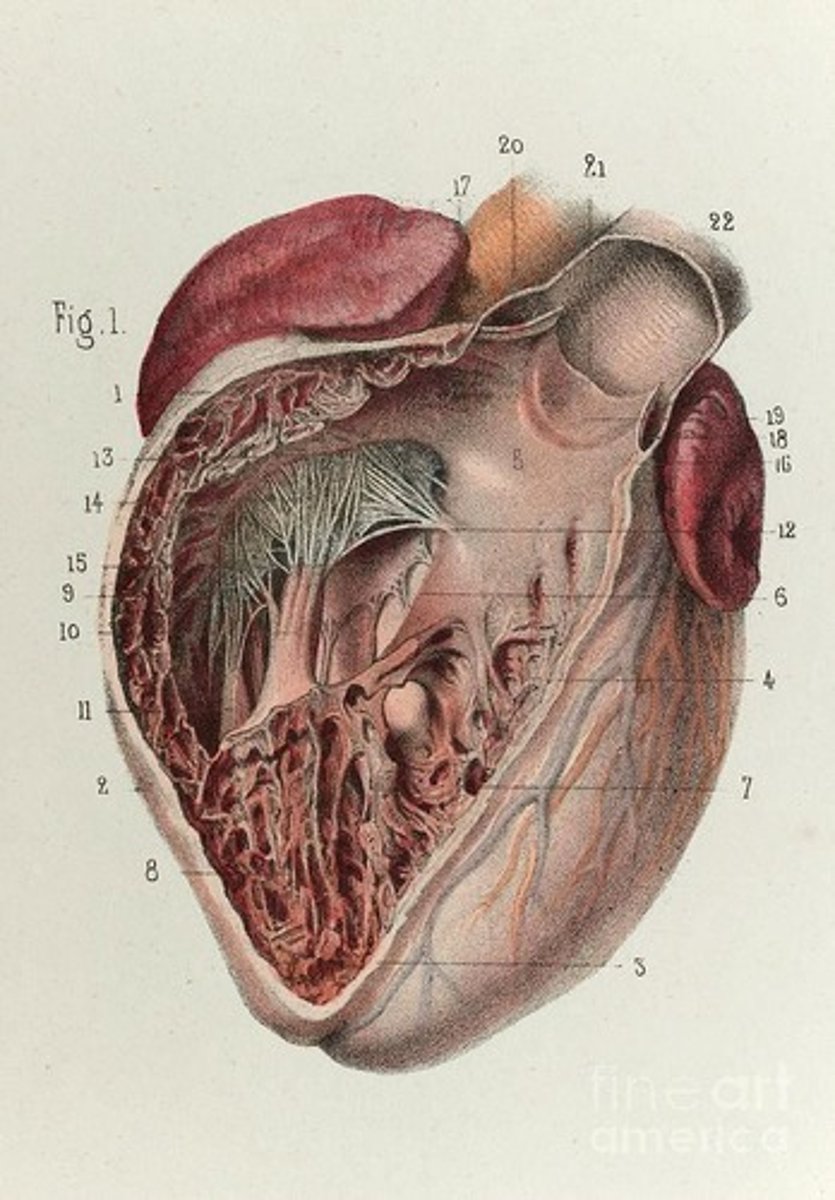
Encephal-
root meaning brain
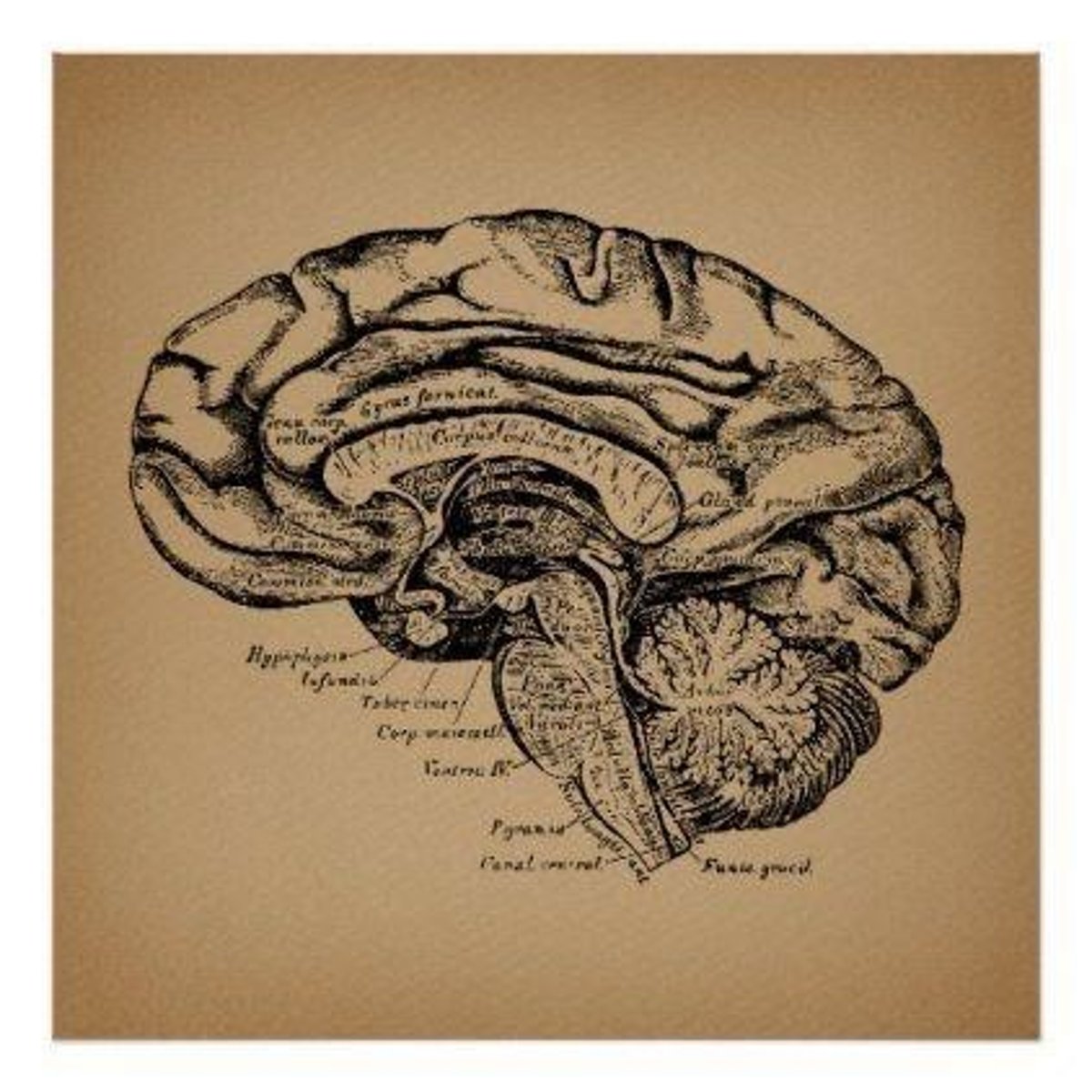
Myo-
root meaning muscle
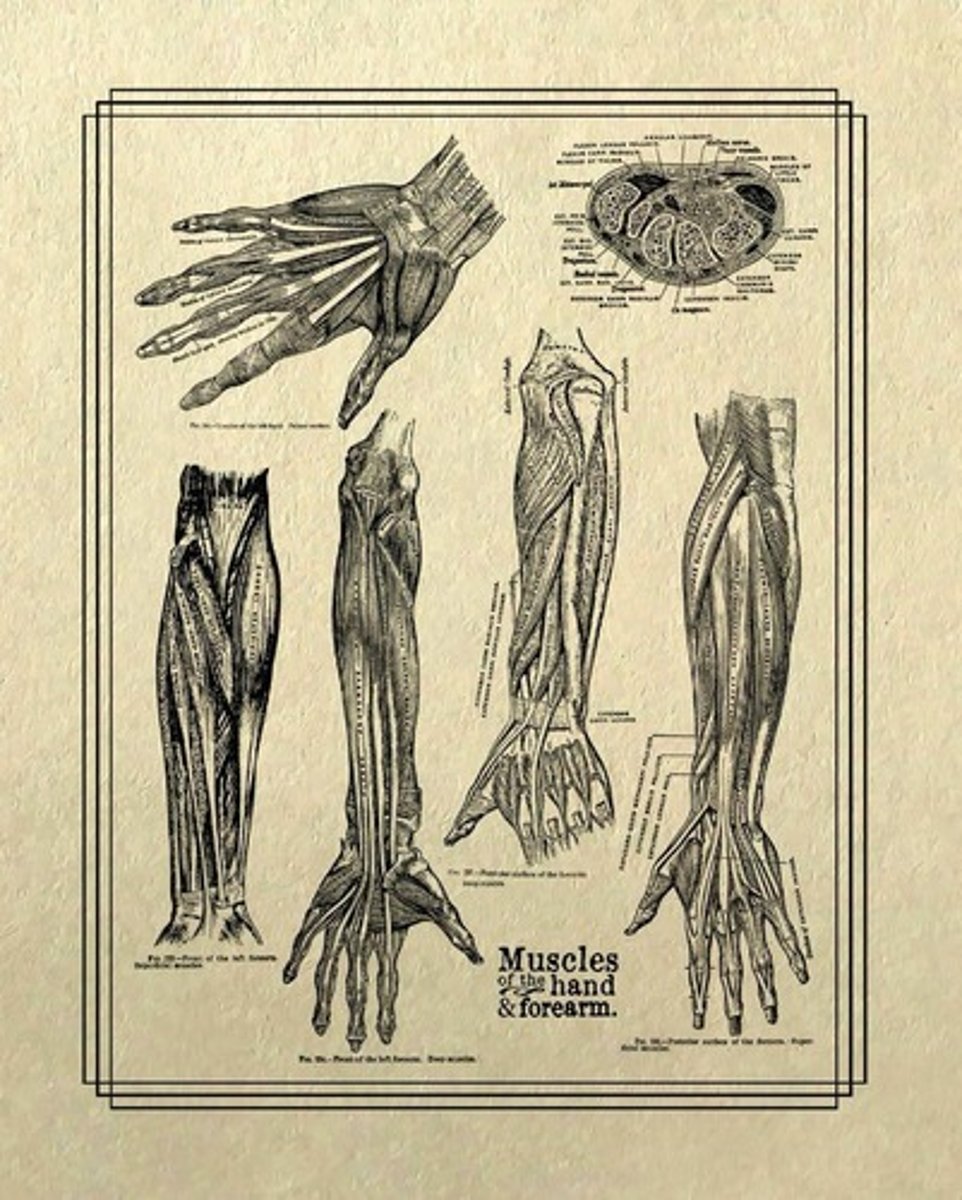
Vascul-
root meaning vessel
Ana-
prefix meaning 'up'
-logy
suffix meaning 'the study of something'
Tomos
Greek word meaning 'to cut'
Microscopic Anatomy
the study of structures that require a microscope to be seen
Gross Anatomy
the study of structures that can be seen with the naked eye
Skeletal System
the organ system that provides structure and support to the body
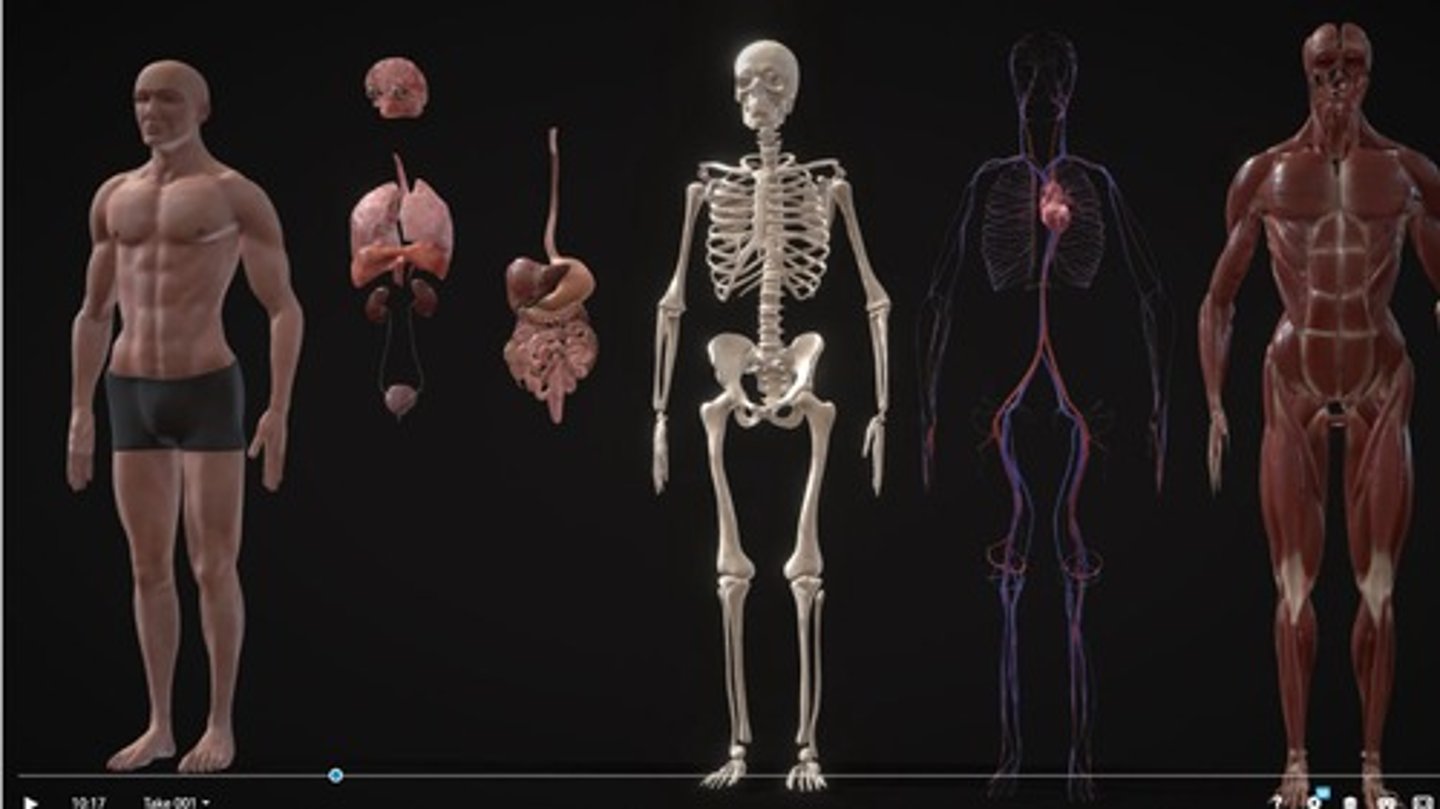
Muscular System
the organ system that enables movement of the body
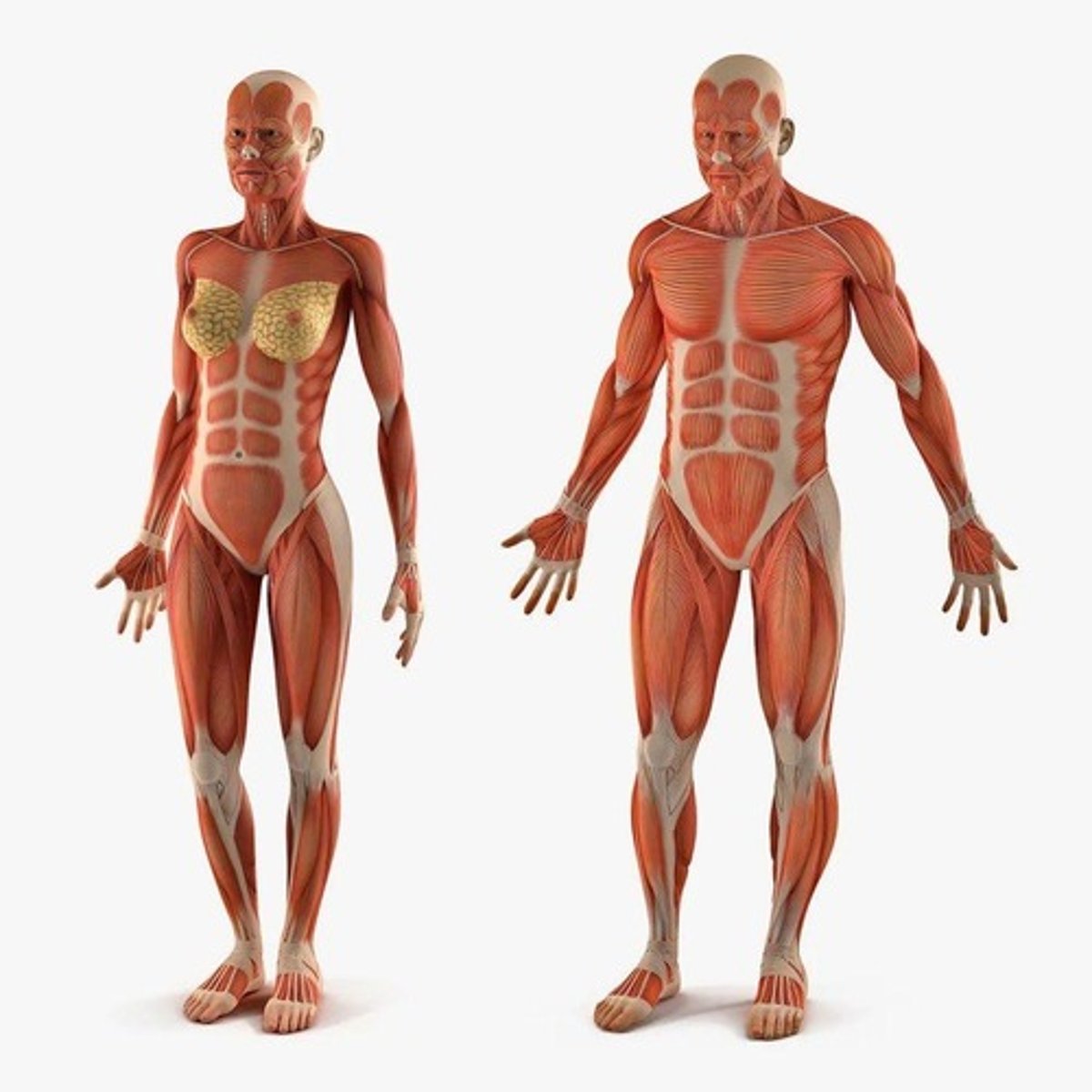
Integumentary System
the organ system that includes skin, hair, and nails
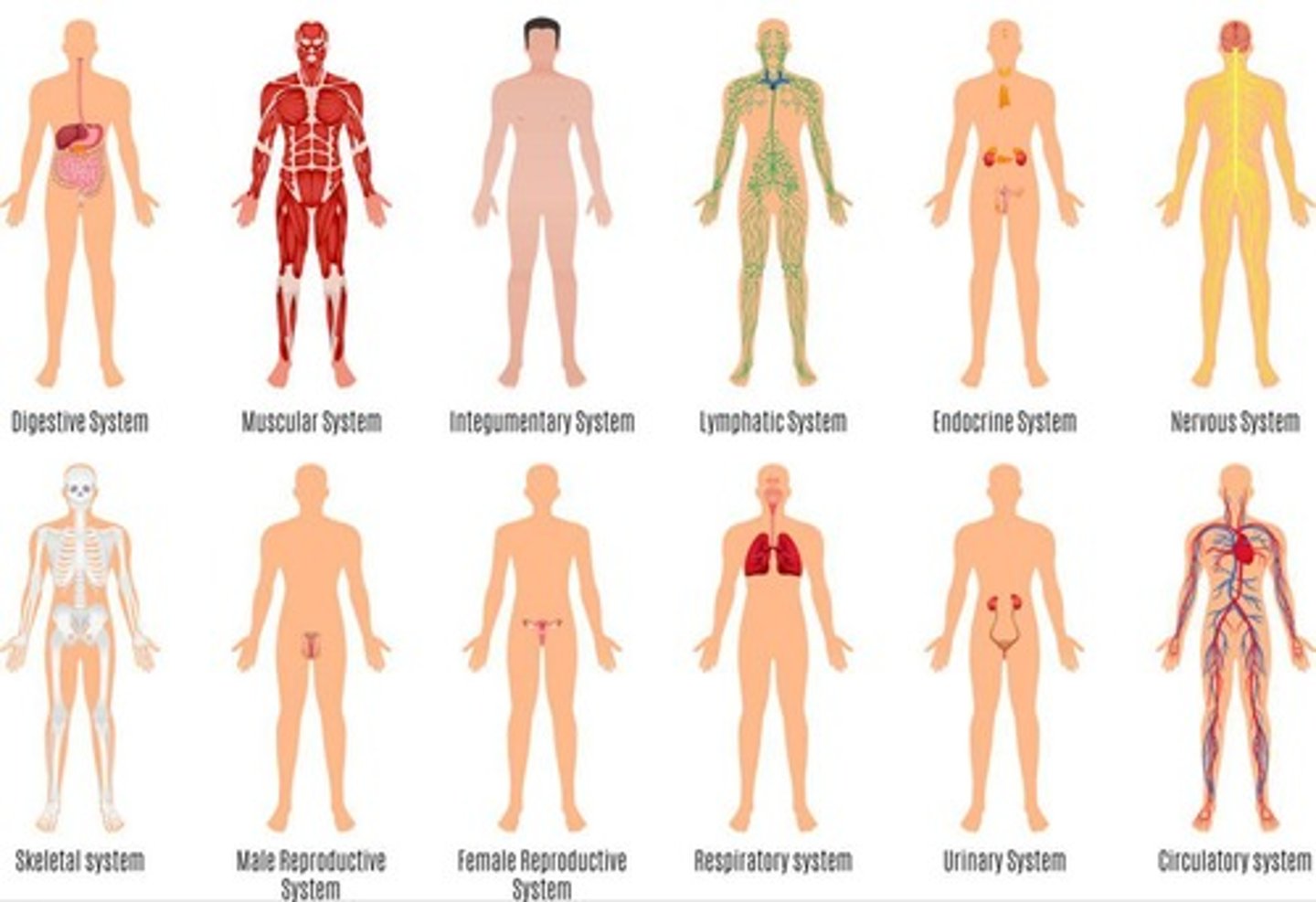
Nervous/Sensory System
the organ system that controls and coordinates body activities through electrical signals
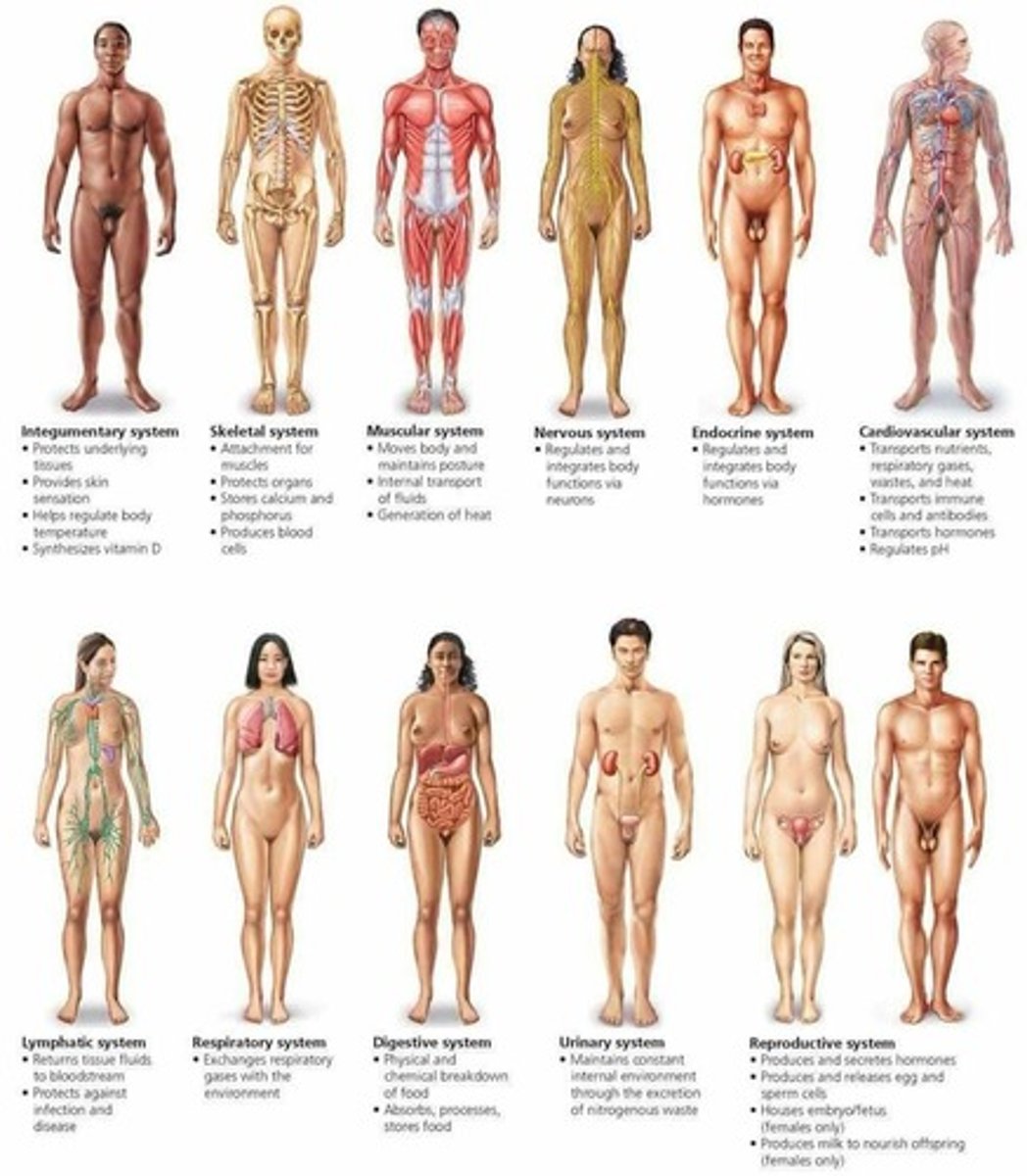
Endocrine System
the organ system that produces hormones to regulate body functions
Cardiovascular System
the organ system that circulates blood throughout the body
Respiratory System
the organ system responsible for breathing and gas exchange
Digestive System
the organ system that processes food and absorbs nutrients
Urinary System
the organ system that removes waste products from the body
Reproductive System
the organ system involved in producing offspring
Digestive & Urinary System
Digests food, absorbs nutrients to blood, removes metabolic waste from blood, and helps maintain homeostasis.
Reproductive System (Male)
Produces and transports sperm, hormones, and sexual functions.
Reproductive System (Female)
Produces and transports oocytes (eggs), hormones, and supports fetal development, lactation, and childbirth.